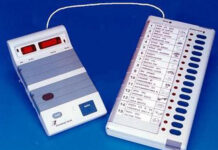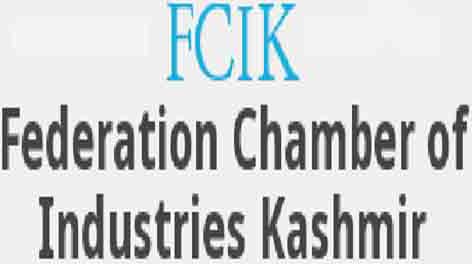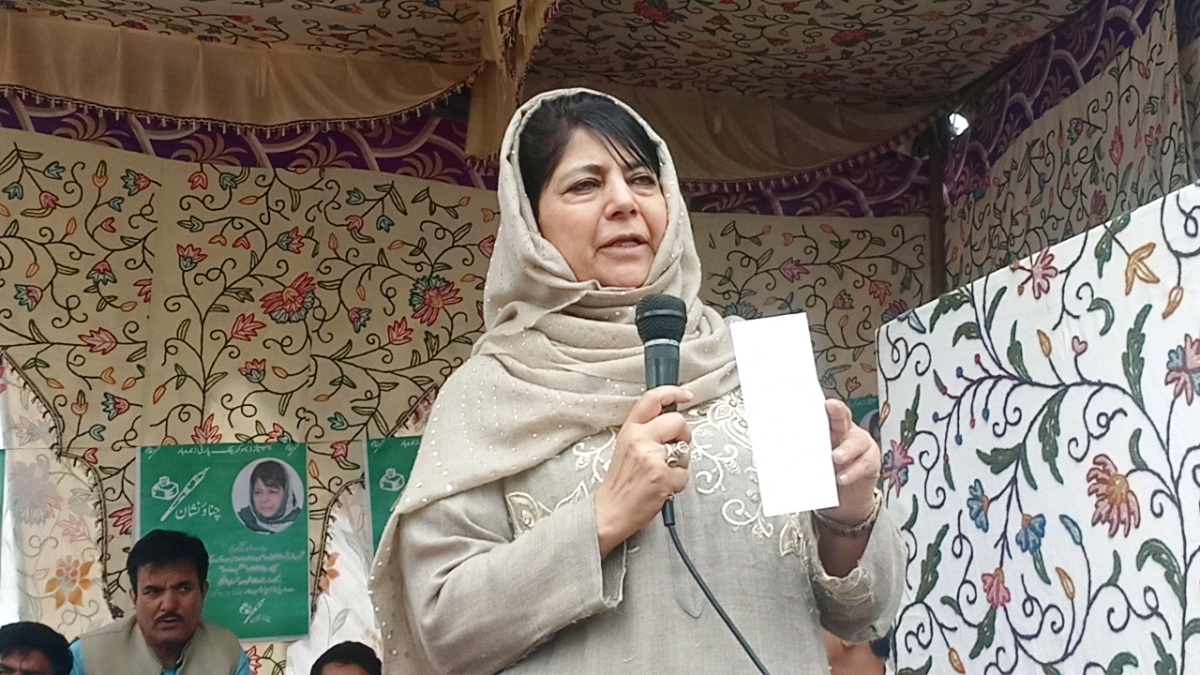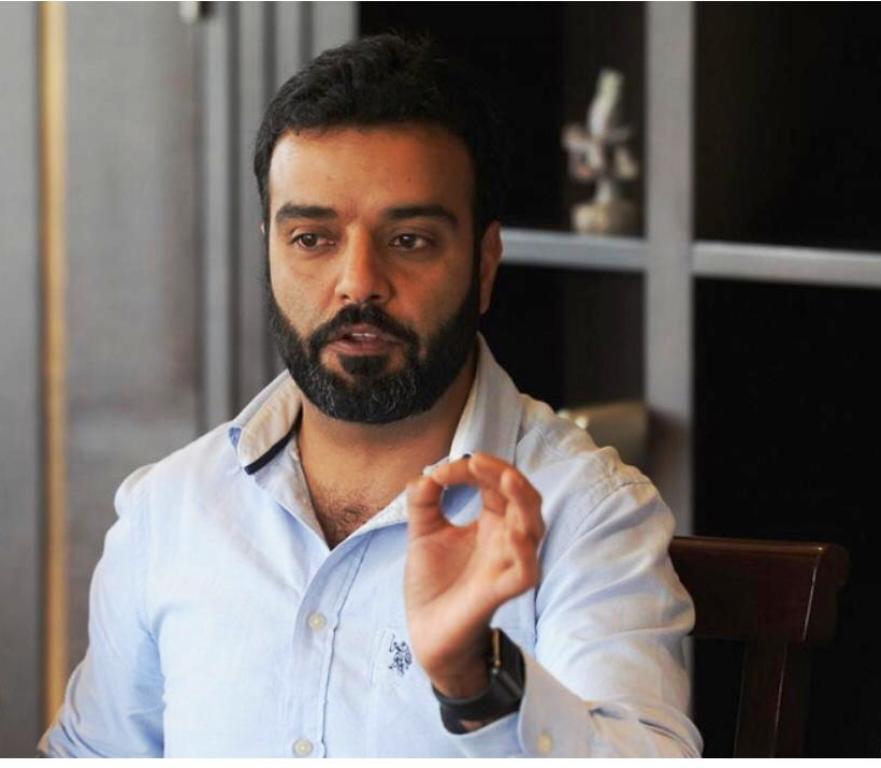KL Report
JAMMU
As many as six Government Bills were moved and came up for discussion in the Legislative Assembly on Tuesday. Out of these, five Bills were passed and one was referred to the Joint Select Committee.
The passed Bills included a Bill to amend the Jammu and Kashmir Value Added Tax Act, 2005 (LA Bill No. 11 of 2014). The Bill was moved by the Minister for Finance, AR Rather. The Bill was passed unanimously by the House without any amendment.
The LA Bill No. 12 of 2014 regarding amendment to the Jammu and Kashmir Panchayati Raj Act, 1989 was moved by Minister for Rural Development and Panchayats, Ali Mohammad Sagar. The Bill was passed after a brief discussion.
Harshdev Singh, Ashwani Sharma and Er. Rashid participated in the discussion.
The L.A Bill No. 15 of 2013 for amending the Ranbir Penal Code, the Code of Criminal Procedure, and the Evidence Act was moved by Minister for Finance and Ladakh Affairs, Abdul Rahim Rather on behalf of Law, Justice and Parliamentary Affairs Minister. The Bill was passed by the House unanimously with voice vote.
The L.A Bill No. 3 of 2014 regarding amending the Kashmir and Jammu Universities Act, 1969 was moved by Minister for Higher Education, Mohammad Akbar Lone. The Bill was passed by the House with specific amendments moved by Nizam-ud-Din Bhat, Harshdev Singh and Ch. Zulfkar Ali.
The L.A Bill No. 7 of 2014 which provides for establishment of Paramedical Council in the State and to regulate the practice by Paramedical Practitioners and Institutions was moved by Minister for Health and Medical Education, Taj Mohi-ud-Din. The Bill was passed with specific amendments of Harshdev Singh and Dr. Mustafa Kamal.
The L.A. Bill No.11 of 2009 which pertains to the better management, protection, administration and governance of Kashmir Hindu Shrines and Religious Places in the State was moved by Minister for Finance and Ladakh Affairs, Abdul Rahim Rather on behalf of Law, Justice and Parliamentary Affairs Minister.
The Bill popularly known as Temple Bill was discussed in details and there was no consensus on the legislation and most of the members from opposition and treasury benches favored to refer it to the Joint Select Committee for more deliberations and evolving a consensus before its passing.
Later, the House referred the Bill to the Joint Select Committee with voice vote.















